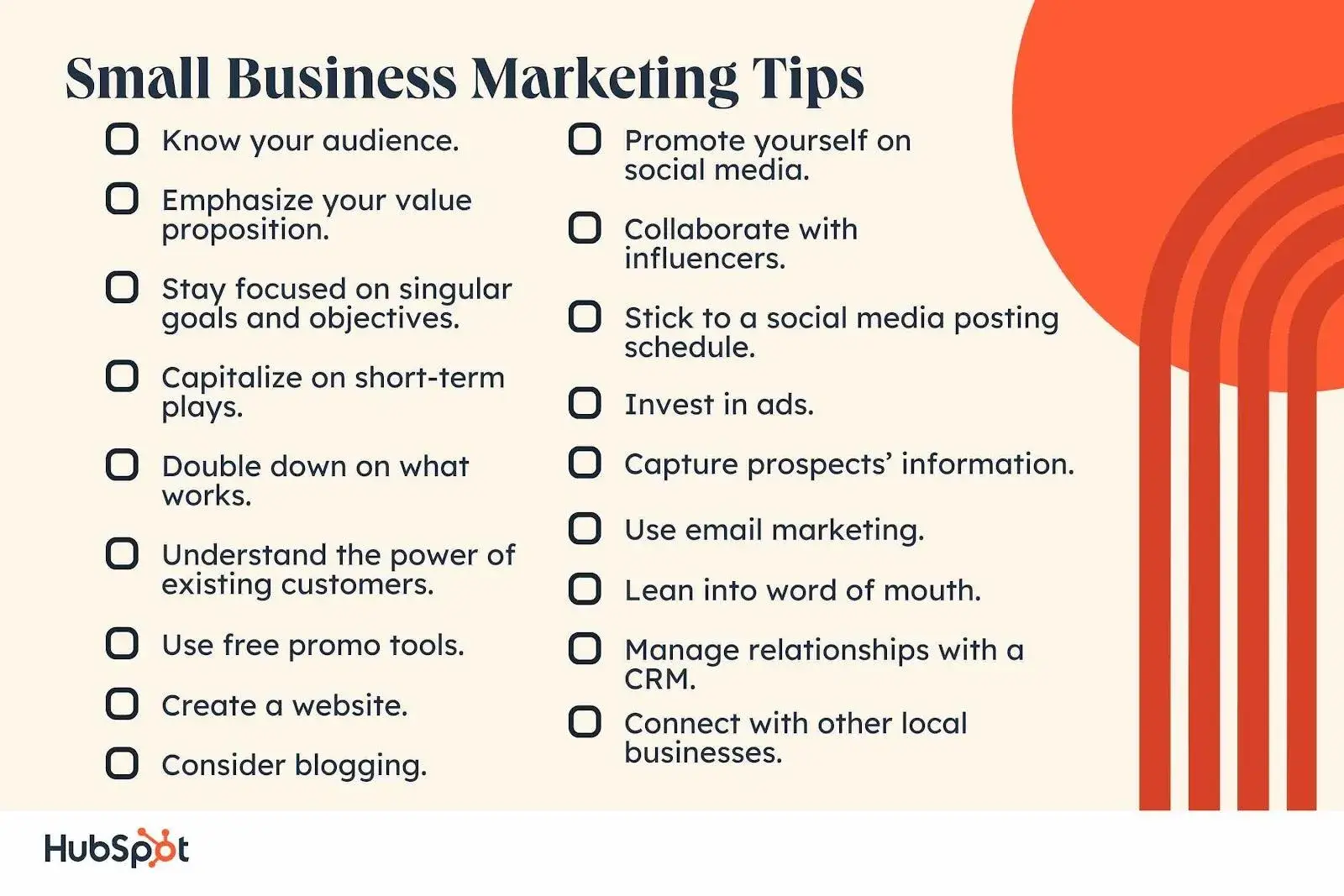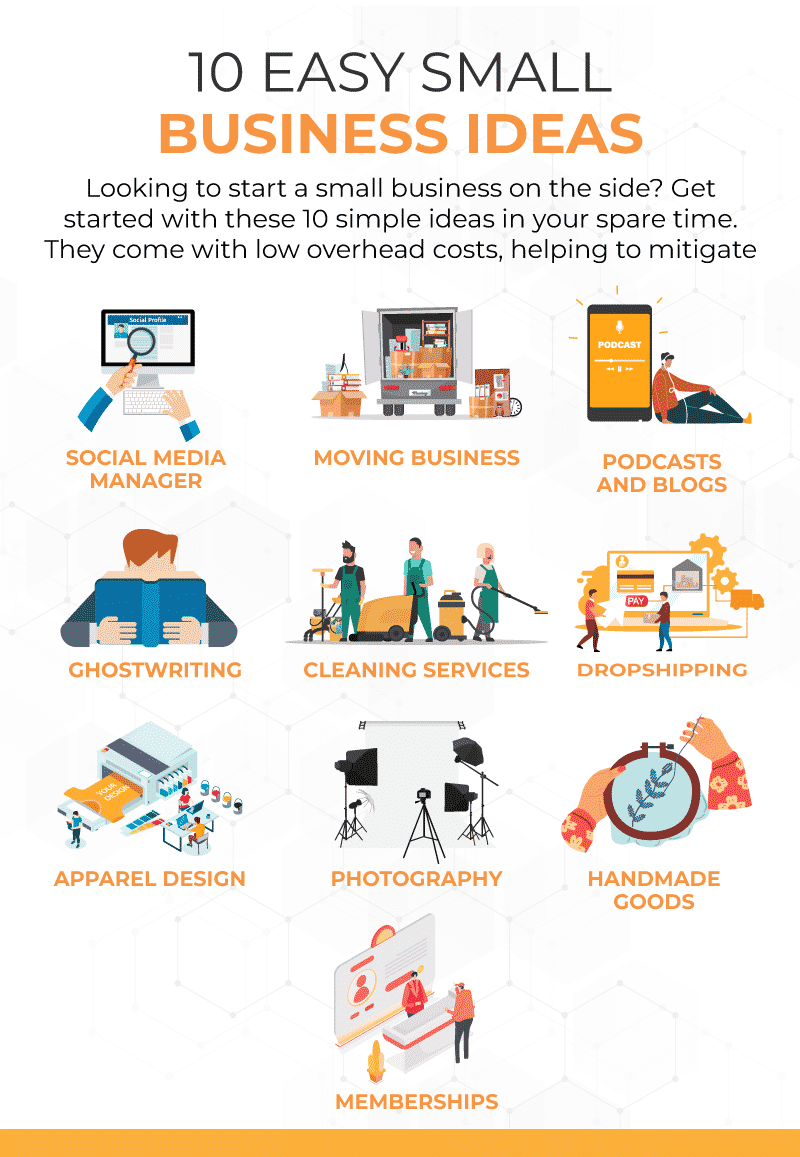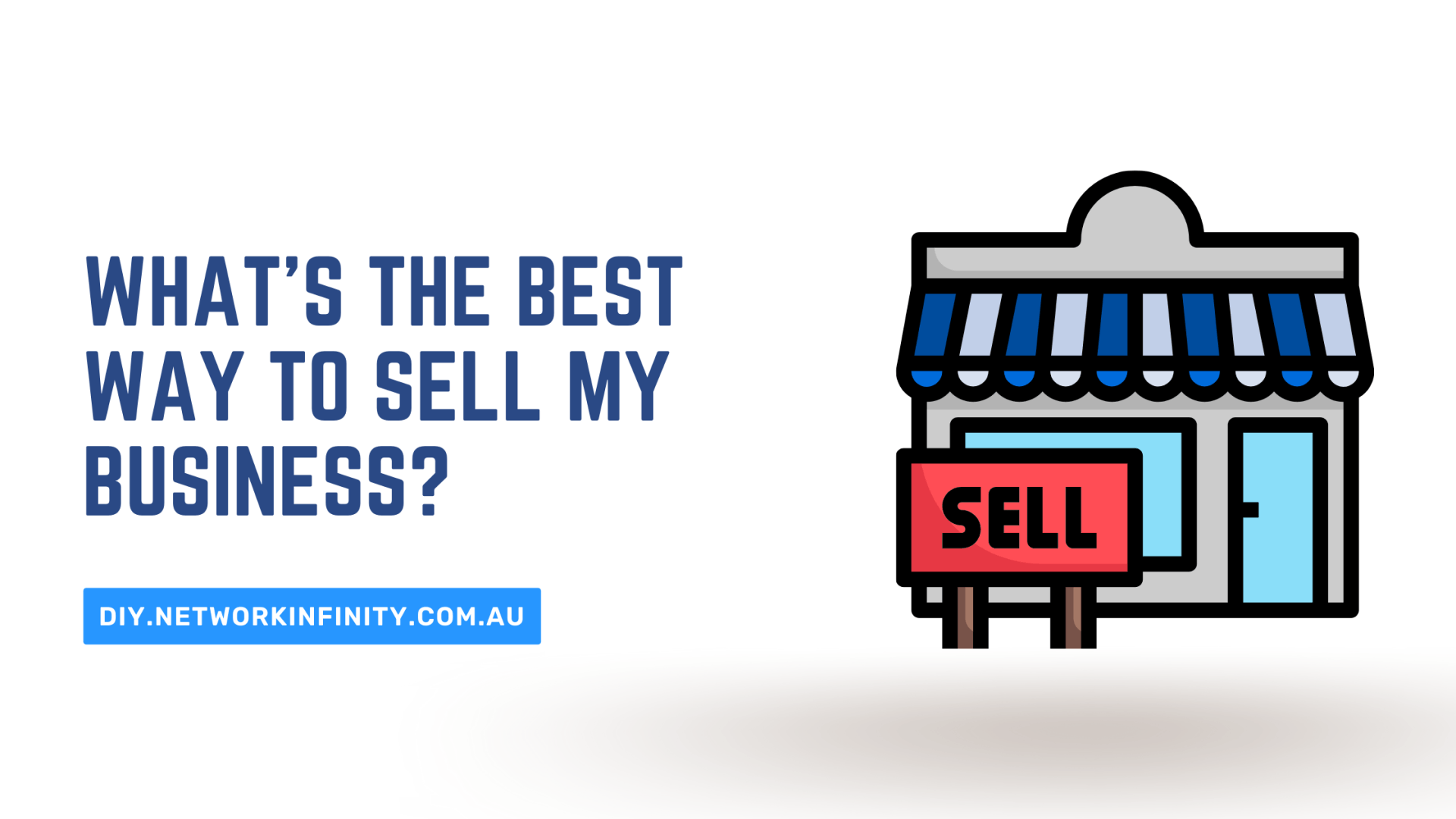What Should I Sell For My Small Business

The question haunts every aspiring entrepreneur, echoes in late-night brainstorming sessions, and dictates the very survival of small businesses: What should I sell? The wrong answer can lead to stagnant inventory, mounting debt, and a dream dissolving into disillusionment. The right answer, however, unlocks a path to profitability, growth, and lasting success.
This article dives into the multifaceted process of identifying potentially lucrative products for small businesses. We will explore market research strategies, trend analysis, and methods for assessing personal expertise and passions. The aim is to provide a framework for making informed decisions that align with market demand and individual capabilities.
Understanding Market Demand
Successful products solve problems or fulfill needs. Before investing time and resources, entrepreneurs must rigorously assess market demand for their proposed offerings. This involves identifying target customers, understanding their pain points, and evaluating the competitive landscape.
Market Research is Key
Market research can take many forms, from informal surveys of potential customers to in-depth analysis of industry reports. Secondary research, utilizing existing data from reputable sources like the Small Business Administration (SBA) and industry associations, can provide a broad overview of market trends.
Primary research involves gathering original data through surveys, interviews, and focus groups. This direct engagement with potential customers provides invaluable insights into their needs, preferences, and willingness to pay.
Analyzing the Competition
A thorough competitive analysis is crucial. Identify existing businesses offering similar products or services. What are their strengths and weaknesses? How are they positioned in the market?
Understanding the competitive landscape allows entrepreneurs to differentiate their offerings and identify underserved niches.
Tapping into Trends and Niches
Staying ahead of the curve often means identifying emerging trends and exploiting niche markets. This requires continuous monitoring of industry publications, social media, and consumer behavior.
Riding the Wave of Popularity
Identifying trending products can provide a quick boost to sales, but it's important to be cautious. Fads often fade quickly, leaving businesses with unsold inventory. Sustainable businesses focus on trends with long-term potential.
Subscription boxes, eco-friendly products, and personalized items are examples of trends that have demonstrated staying power.
Finding Your Niche
A niche market is a segment of the population with specific needs or interests that are not adequately served by mainstream products. Focusing on a niche allows small businesses to cater to a well-defined customer base and establish themselves as experts in their field.
Consider targeting specific demographics, hobbies, or geographic locations.
Assessing Your Strengths and Passions
While market demand is crucial, the products a small business sells should also align with the owner's skills, experience, and passions. Building a business around something you enjoy increases the likelihood of long-term commitment and success.
Leveraging Your Expertise
Consider your professional background, hobbies, and personal interests. Are there opportunities to monetize your existing skills and knowledge? Offering consulting services, creating educational products, or selling handmade goods are just a few possibilities.
The Power of Passion
Running a small business is challenging, and passion can be a powerful motivator. Selling products you genuinely care about can make the inevitable ups and downs more manageable.
If you are passionate about sustainability, consider selling eco-friendly products. If you enjoy crafting, explore the market for handmade goods.
Beyond the Product: Building a Brand
In today's competitive market, the product itself is only part of the equation. Building a strong brand is essential for attracting and retaining customers. This involves developing a unique brand identity, creating a compelling marketing message, and providing excellent customer service.
A strong brand differentiates your business from competitors. Brand awareness helps fostering customer loyalty. It should also communicate value to customers.
Customer service plays an important role in sustaining the brand. Happy customers tend to recommend the business.
Looking Ahead
Choosing the right products to sell is an ongoing process. Market trends evolve, consumer preferences shift, and new opportunities emerge. Successful small businesses are agile and adapt their offerings to meet changing market demands.
Continuously monitor industry trends, solicit customer feedback, and be willing to experiment with new products and services. The key is to remain adaptable and responsive to the ever-changing needs of the market.
Ultimately, the best products to sell are those that solve a problem, fulfill a need, align with your strengths, and resonate with your target audience.


















